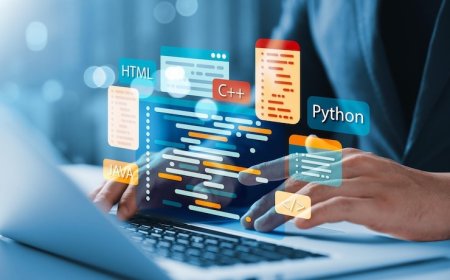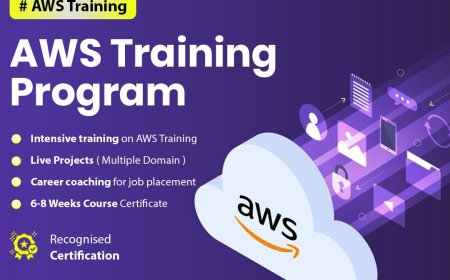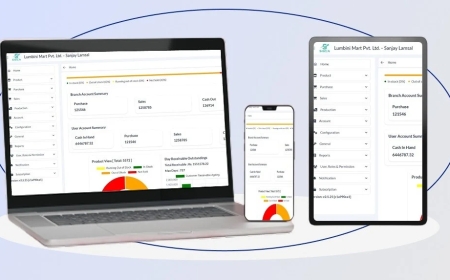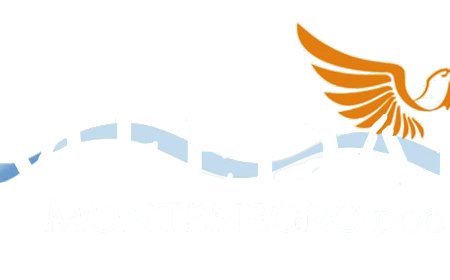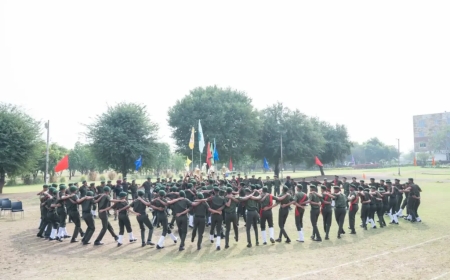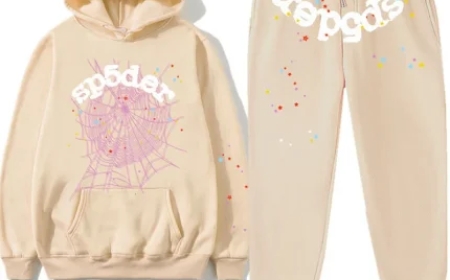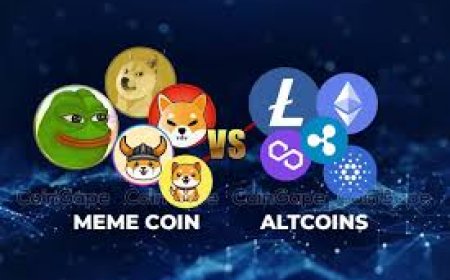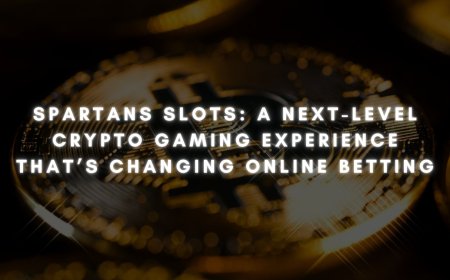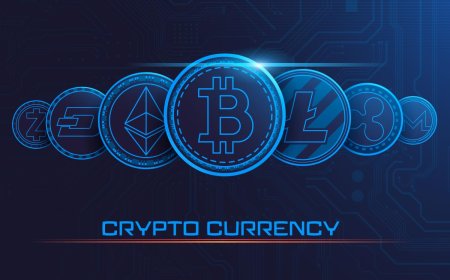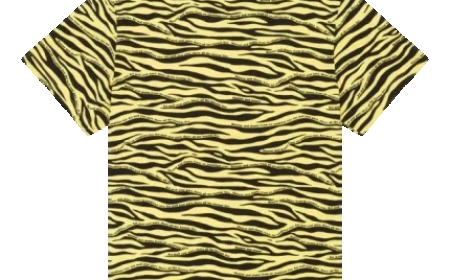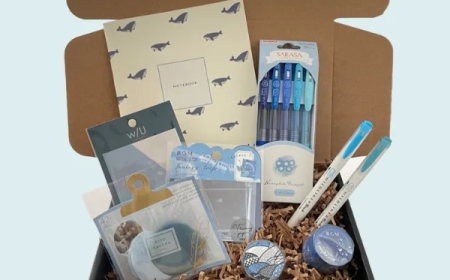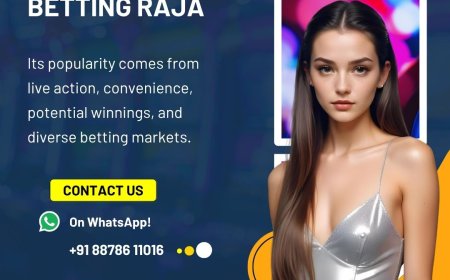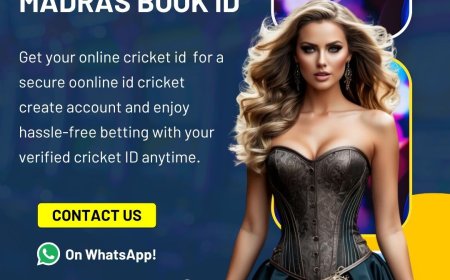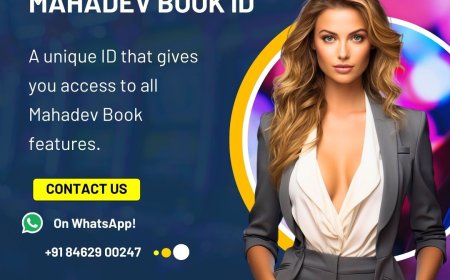Why Influencers Gone Wild Is More Than Just Clickbait

The phrase influencers gone wild might sound like nothing more than tabloid baita flashy headline designed to lure in curious clicks. And to be fair, it often is. But if we look deeper, these viral moments tell us much more about todays digital culture, human psychology, and how social media shapes both creators and audiences.
Beyond the spectacle and the memes, theres a bigger story unfoldingone that says a lot about modern fame, responsibility, and the cost of staying relevant online.
Beyond Shock Value: The Human Story Behind Viral Chaos
When influencers go viral for the wrong reasonsa meltdown caught live, a reckless stunt, or an offensive postthe internet tends to see it as entertainment. But behind every headline is a person, often overwhelmed by the same pressures that fuel their content:
-
Constant performance anxiety to keep followers engaged
-
The mental strain of living life as a brand
-
Isolation from real-life feedback that could help them pause and reflect
For audiences, these stories arent just clickbaittheyre windows into the real (and often messy) side of online fame.
The Algorithmic Engine: Why Going Wild Keeps Happening
Its tempting to blame individual influencers alonebut platforms play a huge role. Algorithms dont just surface content randomly; they reward:
-
Strong emotional reactions (shock, outrage, laughter)
-
Rapid spikes in engagement from controversy
-
Content thats extreme enough to stand out in endless feeds
This system quietly nudges creators to push boundaries. Going wild becomes less of an accident and more of an almost inevitable outcome in a world where visibility often requires risk.
Audiences Arent Just WatchingTheyre Participating
Its easy to criticize influencers for courting chaos, but millions of views dont appear by magic. When we:
-
Share clips of breakdowns or reckless stunts
-
Comment angrily (which still boosts engagement)
-
Follow creators just to see what theyll do next
we help spread the very content we claim to hate. The cycle keeps spinning because audiences, even unconsciously, feed the fire.
The Fallout Is Real, and Its More Than Numbers
Going wild may bring short-term views, but the fallout often cuts deeper than lost subscribers:
-
Mental health crises: Anxiety, depression, and burnout often follow viral scandals.
-
Strained personal relationships: Friends and family might feel used or hurt.
-
Lasting reputation damage: Even years later, a single reckless act can overshadow everything else an influencer creates.
These arent theoretical consequencestheyre real human costs often ignored in viral commentary.
Why Its More Than Just Clickbait: Cultural Reflection
The phenomenon of influencers gone wild reveals something broader about society:
-
Our complicated relationship with authenticity: We say we want realness, but often only reward the most dramatic, messy parts.
-
The blurred lines between public and private life: Moments once considered deeply personal are now broadcast to millions.
-
The paradox of attention: Creators need it to survive online, but too muchor the wrong kindcan destroy them.
In this sense, these stories become cultural case studies, not just fleeting viral moments.
Responsibility: Who Owns It?
The cycle wont stop simply by blaming influencers. Its shared among:
-
Creators: Who can choose how far theyll go to stay relevant.
-
Platforms: Whose algorithms directly reward controversy.
-
Audiences: Whose clicks and shares determine what becomes viral.
Understanding this shared responsibility is the first step toward changing the culture that drives influencers to extremes.
The Way Forward: Creating Space for Better Content
If audiences and platforms truly want less reckless, more thoughtful content, we have to:
-
Support creators who set healthier boundaries and create responsibly
-
Resist sharing purely shocking contenteven when its tempting
-
Encourage platforms to adjust algorithms that favor controversy over quality
It might sound idealisticbut even small shifts in what we watch and share can change what becomes popular.
Conclusion:
Influencers gone wild isnt just clickbaitits a reflection of deeper forces shaping online life: the relentless pursuit of attention, the price of authenticity, and the human vulnerability behind every viral post.
Beyond the views and headlines lies a complex, human storyone that deserves more than just a passing glance or a laughing emoji. And understanding that story might be the key to building a healthier, more balanced internet for everyone.

